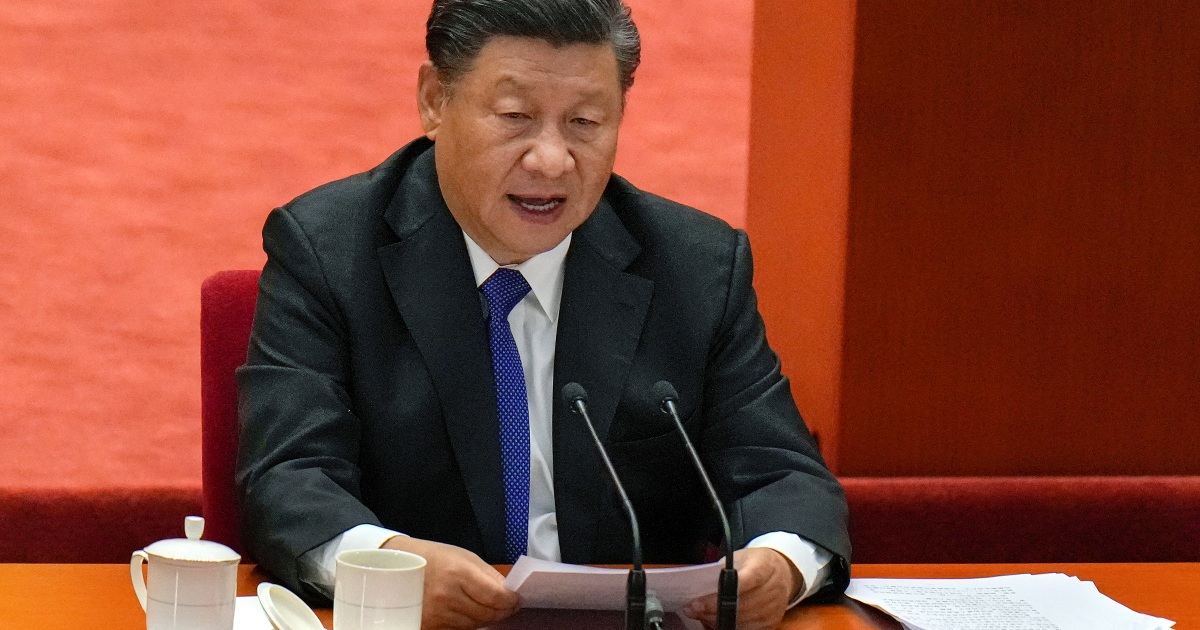Millions of Chinese civil servants are wary about a likely 25 % cut in their salaries as they face the toughest round of belt-tightening by the provincial governments due to worsening financial conditions. Local governments across China are ordering teachers and officials to pay back bonuses. Civil servants and teachers at public institutions in Henan, Jiangxi, and Guangdong provinces were recently charged Yuan 20,000 each in repayments for the first quarter of 2021 while being informed that all bonuses had been suspended indefinitely.
Civil service bonuses have been suspended in Shanghai, Jiangxi, Henan, Shandong, Chongqing, Hubei and Guangdong. The demand for bonus reversals indicates that the Chinese government is undergoing something of a fiscal crisis. In the eastern province of Jiangxi, the Nanchang water resources bureau ordered its employees in June 2021 to repay their bonuses within 10 days. Authorities in Dexing city have ordered teachers to repay bonuses to their schools. Lately, many government workers in China are seeing their salaries getting reduced by around one-fifth. These developments reveal that the upcoming Lunar New Year would be tough for the government workers.
The fiscal health of local governments in China has deteriorated, especially since the first half of 2020. All the provinces except Shanghai reported fiscal deficits, implying that they expended more than they earned. According to official figures the deficit of the provincial governments rose by 30 % in the first half of 2020, i.e., by Yuan 3.4 trillion. Henan, Sichuan and Yunnan all reported fiscal deficits of more than Yuan 250 billion each.
Post corona pandemic, Chinese government is facing increased pressure for economic recovery through financial stimulus including tax breaks. It gave financial stimulus to the tune of $ 500 billion in May 2020, around 4% of China’s GDP, for infrastructure, employment generation, stable supply chain and ensuring livelihood. Given the slow economic growth and falling government revenues, the government was compelled to issue special treasury bonds for pandemic relief as well as infrastructure bound local government special bonds. This added to government’s fiscal deficit which increased from 6.34% (budget balance to GDP ratio) in 2019 to 11.18%. This has impinged on the government’s fiscal capacity. This is why Beijing is finding it difficult to pay salaries and bonuses to government employees.
Overall debt situation of the Chinese government is a matter of concern. China’s non-financial-sector debt—incurred by the government, corporate, and household sectors—reached a record level of 272 % of China’s gross domestic product (GDP) in 2020. In the third quarter of 2021, the number marginally improved to 265 % of GDP, but it is likely to have adverse impact on the growth of the country.
Meanwhile as the existing workforce is facing the pay cuts, the condition in the job market is also deteriorating. Consequent upon Beijing’s regulatory clampdowns on technology, education and property sectors, Chinese companies have laid off tens of thousands of employees. As it happens, the remaining workers are forced to put in long hours of compulsory overtime. While the overall unemployment rate is lower than it was before the Covid-19 pandemic, joblessness has been rising among the youth. Although the urban unemployment rate was 5% in November 2020, the unemployment rate for those aged 16 to 24 was 14.3%.Also the income growth for urban workers has not returned to pre-pandemic levels.
While the cuts have prompted a flurry of complaints on social media by civil servants who are struggling to make ends meet, Premier Li Keqiang defending the decision said that a round of belt-tightening was necessary to boost the flagging economy. The discontent among government employees in China who are members of the Chinese Communist Party due to the cut in salaries and bonuses would likely affect the popularity of Xi Jinping and may impinge on his prospects of returning to power next year as he seeks re-election as China’s president and the CCP’s general secretary.

Leave a Reply